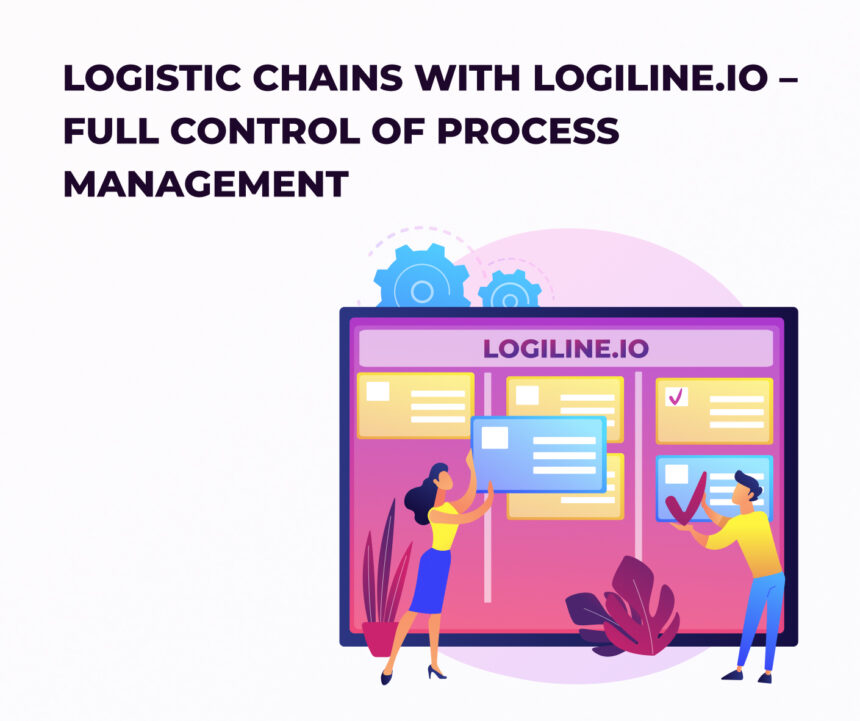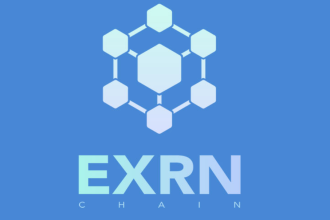Modern logistics demands more than just moving goods from point A to point B. In competitive automotive markets, especially those involving auctions like Copart and IAAI, the ability to control, optimize, and adapt logistics processes is essential. With logistics CRM integration, businesses can connect their operational workflows, automate critical tasks, and provide clients with transparent, real-time updates. Logiline.io brings together Logiline logistics management, advanced tracking tools, and streamlined documentation to give full visibility and control over every stage of the shipping process.
- How Logiline CRM Transforms Auction Logistics Integration
- End-to-End Shipment Visibility and Vehicle Tracking Tools
- Using Transport Management Software to Automate Routine Logistics Tasks
- The Power of Logistics CRM Integration in Multi-Client Environments
- Building Scalable, Data-Driven Supply Chains with Logiline
How Logiline CRM Transforms Auction Logistics Integration
The Logiline CRM is designed to bridge the gap between auction purchases and logistics execution. Through Copart & IAAI CRM integration, lot data, condition reports, and buyer details flow directly into the logistics management system, eliminating manual entry errors.
For companies handling multiple vehicle acquisitions daily, this auction logistics integration means faster booking of shipments, immediate generation of transport orders, and seamless connection to customs documentation. Auction managers and logistics teams can work in parallel, with shared access to vehicle status, estimated shipping dates, and delivery schedules.
By embedding auction data into the Logiline logistic system, businesses ensure that no shipment is overlooked, and that the transition from auction to freight planning is fully automated.
End-to-End Shipment Visibility and Vehicle Tracking Tools
Transparency in logistics builds trust and efficiency. Vehicle shipment tracking in Logiline logistics management gives both teams and clients a complete view of a shipment’s journey — from the auction yard to final delivery.
This feature combines GPS data, carrier status updates, and workflow milestones into a single dashboard. Managers can see whether a vehicle is in transit, awaiting customs clearance, or delivered, with the option to drill down into supporting invoices and documents.
Real-time tracking reduces the need for back-and-forth communication, while automated notifications keep clients informed without manual follow-ups. This not only improves customer satisfaction but also reduces the workload for operations teams.
Using Transport Management Software to Automate Routine Logistics Tasks
The transport management software (TMS) built into Logiline.io helps automate repetitive yet critical logistics operations. From route planning to carrier selection, freight forwarding automation ensures shipments are assigned to the most cost-effective and timely options.
With TMS integration, dispatchers can compare transit times, freight rates, and carrier performance metrics in one interface. For international shipments, the system coordinates shipping schedules, port handling, and inland delivery, avoiding costly delays.
Automation extends to customs processes as well. Required forms and documents can be generated from existing shipment data, ensuring compliance without redundant data entry. This capability is especially valuable for 3PL providers managing large-scale operations across different regions.
The Power of Logistics CRM Integration in Multi-Client Environments
For logistics companies handling multiple accounts, logistics CRM integration is key to maintaining service quality and operational consistency. The Logiline CRM centralizes client profiles, shipment histories, and communication records in one platform.
This structure enables personalized service — for example, setting custom notifications for high-priority clients or providing specialized reports for bulk buyers. Internal teams can track performance metrics for each account, ensuring that SLAs are met and bottlenecks are addressed proactively.
In multi-client workflows, having synchronized data between the CRM and the logistics management system prevents duplication of tasks and ensures all stakeholders are working from the same accurate, real-time information.
Building Scalable, Data-Driven Supply Chains with Logiline
Scalability in logistics depends on the ability to make informed, data-driven decisions. Logiline.io combines analytics from shipment tracking, TMS, and CRM records to provide insights that help optimize resources, reduce costs, and forecast demand.
Supply-chain management software within the Logiline logistic system allows businesses to simulate different routing scenarios, assess carrier performance over time, and identify opportunities for consolidation or bulk shipping.
By integrating auction data, freight tracking, and CRM functions, companies can grow their logistics operations without sacrificing quality or visibility. This unified approach reduces operational overhead while improving delivery reliability — a competitive advantage in today’s fast-paced automotive logistics market.















